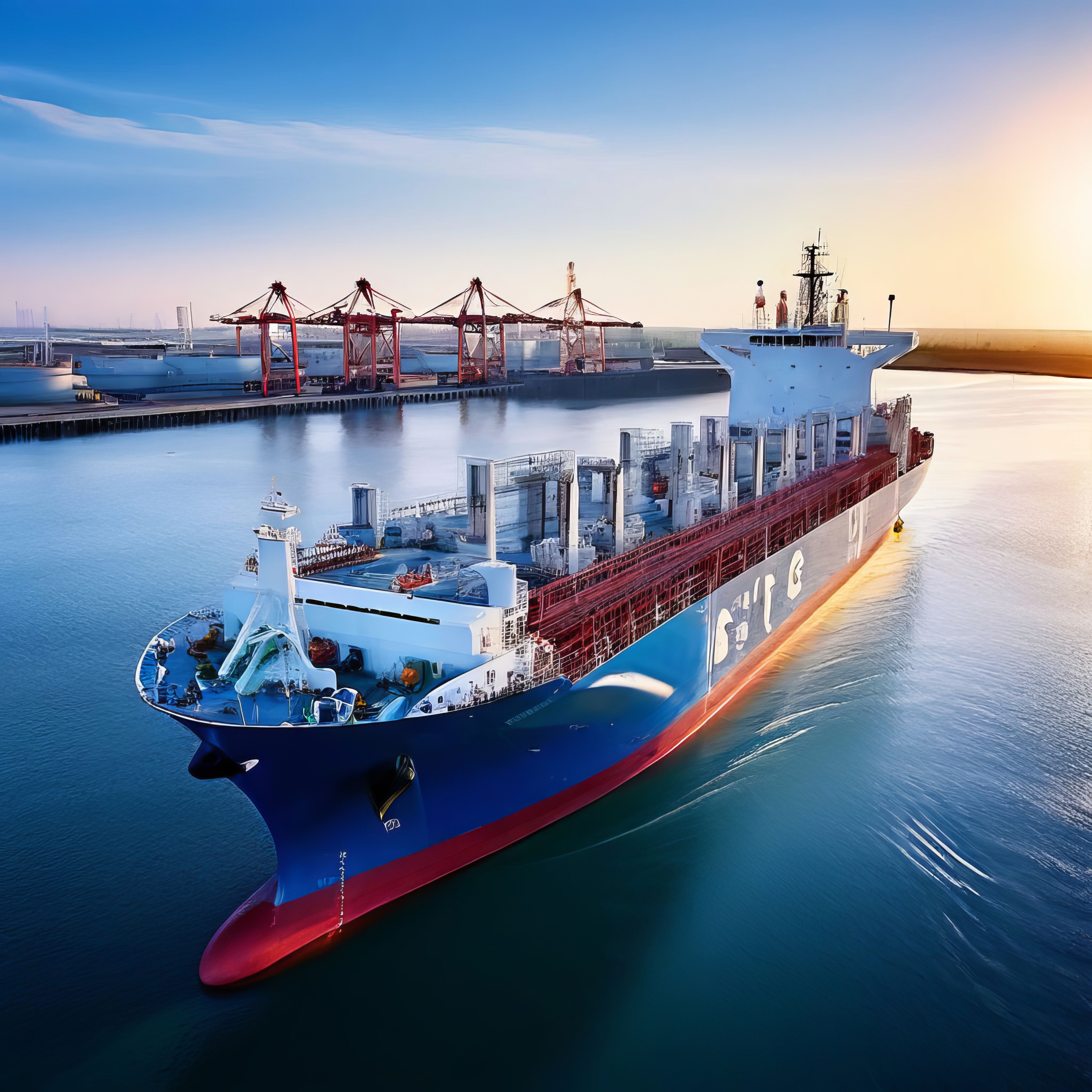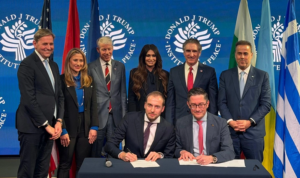Qatar and US warn that the EU’s proposed Corporate Sustainability Due Diligence Directive (CSDDD) could harm LNG trade, raise energy prices, and threaten Europe’s energy security.
The State of Qatar and the United States of America, both major LNG producers, sent a letter yesterday to the heads of state of EU member states, expressing deep concern regarding the European Union’s proposed Corporate Sustainability Due Diligence Directive (CSDDD) and its unintended consequences for LNG export competitiveness and the availability of reliable, affordable energy for EU consumers.
This comes at a critical moment when both countries and companies are striving not only to sustain but to significantly increase the supply of LNG to the EU.
The letter, signed by U.S. department of energy secretary Chris Wright and Qatari minister of state for energy affairs Saad Sherida Al-Kaabi, stressed that “these provisions pose significant challenges and seriously undermine the ability of the American, Qatari, and broader international energy community to maintain and expand their partnerships and operations within the EU.”
The EU directive requires companies to find and fix human rights and environmental issues in their supply chains or face financial penalties.
Approved by the European Parliament in April 2024, this directive applies to EU companies with over 1,000 employees and a worldwide turnover higher than €450m, and non-EU companies with a turnover exceeding €450m in the EU.
Companies found in breach of the obligations may incur fines of up to 5% of their net worldwide turnover. They can also be required to compensate affected individuals and communities.
Qatar and the U.S. called for the reconsideration of several parts of the directive, including the texts on extraterritorial application, transition plans for climate change mitigation, penalties and civil liability of companies.
“Beyond the direct energy security risks, the CSDDD also threatens to disrupt trade and investments across nearly all the EU’s partner economies. Its implementation could jeopardize existing and future investments, employment, and compliance with recent trade agreements,” the letter added.
The CEOs of 46 major European companies recently called for the CSDDD’s repeal, emphasizing that such action would send a “clear and symbolic signal to European and international companies that governments and the Commission are truly committed to restoring competitiveness in Europe.”
Secretary Wright and minister Al-Kaabi noted that “the CSDDD, as it is worded today, poses a significant risk to the affordability and reliability of critical energy supplies for households and businesses across Europe and an existential threat to the future growth, competitiveness, and resilience of the EU’s industrial economy.”
The two countries further warned that the directive “will cause considerable harm to the EU and its citizens, as it will lead to higher energy and other commodity prices, and have a chilling effect on investment and trade.”



